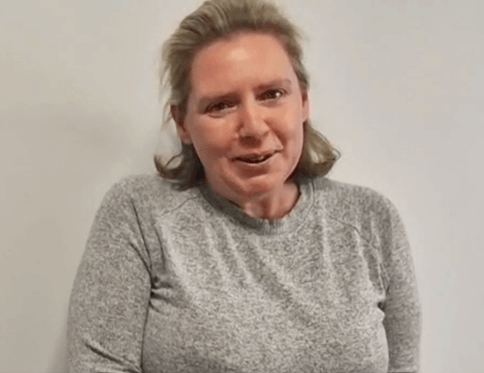UK met e-waste recycling target for the second year running
Written by Jiarui Liang on 27th June 2025
Data from the Department for Environment, Food and Rural Affairs (Defra) shows that the UK’s Waste Electrical and Electronic Equipment Regulations (WEEE) recycling target for 2025 is 517,285 tonnes.
Since 2016, the UK failed to meet its annual recycling targets until 2023, when it met the target with 473,047 tonnes. In 2024, the UK exceeded the target again, recycling 496,253 tonnes.
As one of the world’s largest producers of e-waste, the UK generated 1.65 million tonnes of electronic waste in 2022, averaging 24.5 kg per person. However, only 30% was recycled.
E-waste, including televisions, computers, and phones, can release toxic substances like lead and mercury, which contaminate the soil and increase environmental pressure.
The Waste Electrical and Electronic Equipment Regulations 2013 aim to reduce emissions by promoting recycling and reducing electronic waste being incinerated or landfilled.
Local authorities are taking a series of measures to tackle the challenge of low e-waste recycling rates. By providing a convenient way to recycle and raising residents’ awareness of e-waste management, local authorities have promoted environmental consciousness and increased recycling participation in the community.
Jo Blackie, Durham County Council’s strategic waste manager, said: “Electronic waste recycling is an important part of our approach to managing waste in a sustainable and environmentally friendly way by providing opportunities for people to recycle as much as possible.”
Residents can drop off small electrical and electronic items, including vapes, at collection points located in the community, or take larger items to any of the household waste recycling centres. She also encourages people to donate or send their items to “repair cafes” for reuse throughout Durham.
Newcastle successfully collected 7,828 items, totaling 15.7 tonnes, as part of the small electrical recycling service trial launched in 2024, funded by Material Focus.
Councillor Alex Hay, Deputy Leader and Cabinet Member for Neighbourhood Services, Newcastle City Council said: “The campaign has highlighted Newcastle’s strong commitment to recycling, proving that when the process is straightforward and accessible, residents are eager to take part.”
He also emphasised that this initiative is a strong example of how government support can play an important role in helping communities move toward sustainable development.
E-waste recycling has made progress in addressing the climate crisis. However, it remains insufficient compared to the rate of e-waste production. In the future, the continued efforts of the Local authorities and the public will be essential.







